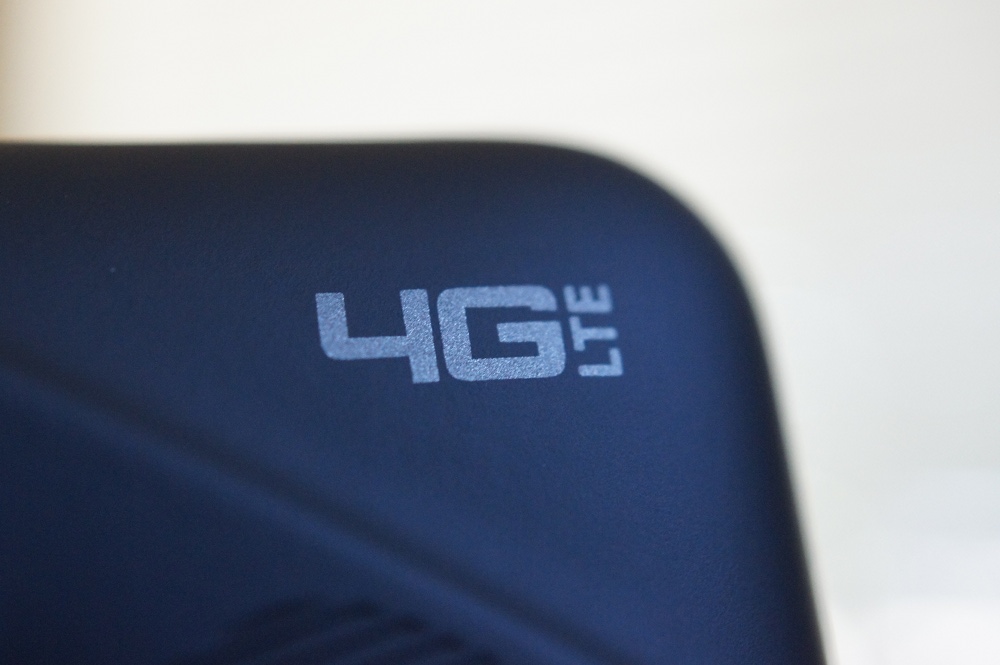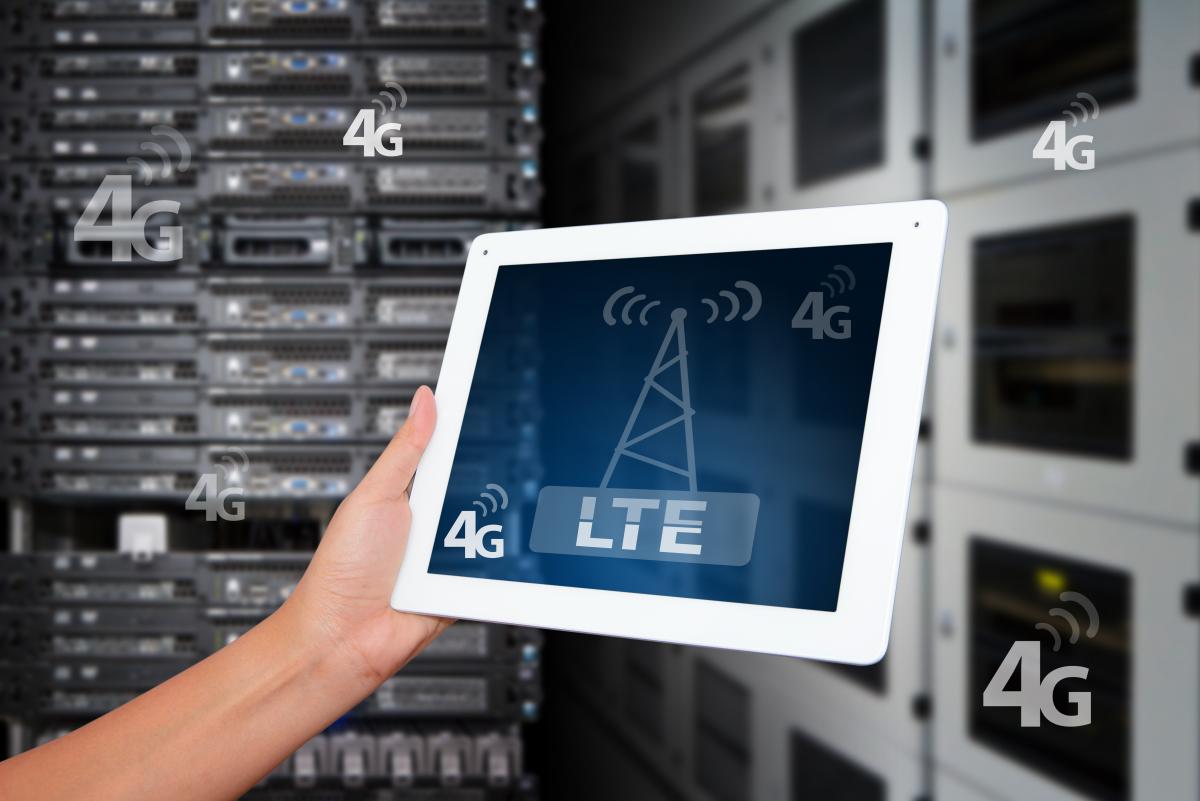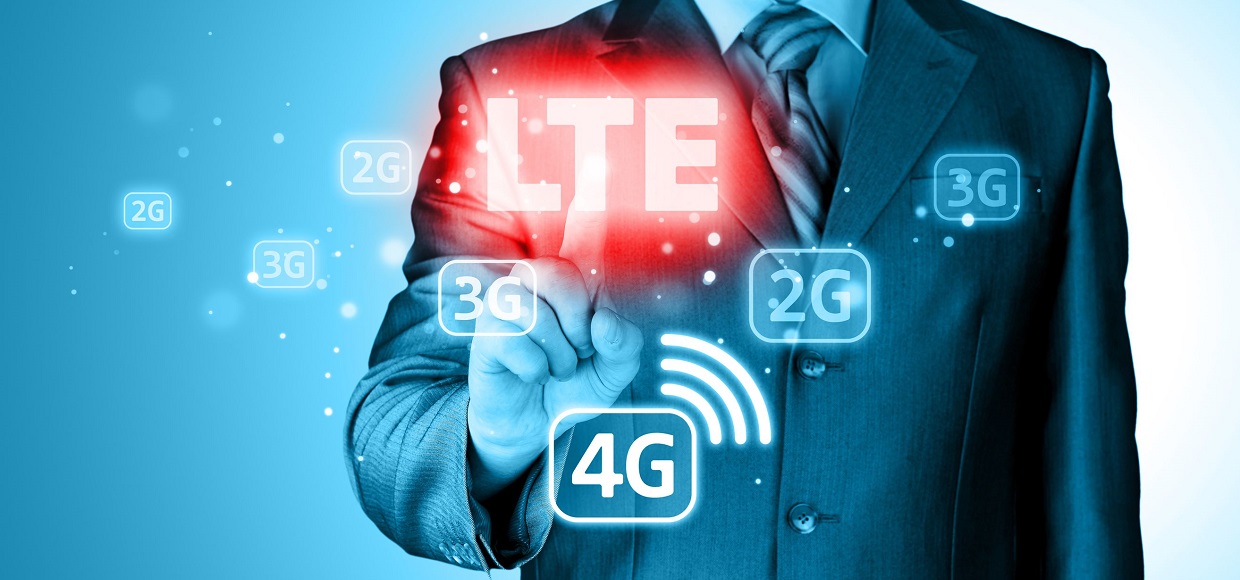
What is 4G internet? What's the data transfer rate?
The appearance of the fourth generation of cellular communication is already called the era of the high-speed mobile Internet. LTE networks are rapidly developing in our country. But many still do not understand what 4G communication is and which it gives advantages towards the networks of previous generations.
Navigation
We have not yet been rejoiced by the opportunities that we have become available thanks to 3G networks. But today they go back to the past, opening access to the capabilities of the high-speed mobile Internet. Thanks to him, the line between the home desktop computer and mobile devices, such as smartphones and tablets, is erased. Today, with their help, you can implement almost everything you need on the Internet: viewing HD video, communication via video link, view mail, etc.
All this has become possible due to the high-speed mobile Internet. Which became possible thanks to the networks LTE (4G).
Important: you need to immediately say that the 3G networks are not outdated morally and their interaction with the fourth-generation networks allows you to make a comfortable access to the Internet from the most remote points of our country.
LTE 4G: What's new?

The 3G network, which has already been told on the pages of this site, made the mobile Internet to the cult phenomenon. It is a device with the possibility of using third-generation networks, made it possible to use smartphones and tablet computers to work on the Internet regardless of the home and public Wi-Fi networks.
But today, with the advent of services using "cloud computing" technologies, high-quality access to the Internet is not enough. It is necessary to accelerate this process.
The main difference of LTE networks, from standard 3G is batch data processing. What allows you to increase the transfer rate of 10 times. To date, the potential transfer rate and data processing within 4G networks:
- 1 GB per second for static objects
- 100 Mbps per second for moving objects
Important: The maximum possible LTE networks are indicated above. But it should be understood that ideal conditions are needed to achieve them. Which, at this stage of the development of cellular networks it is impossible to achieve.
Among the factors negatively affecting 4G networks are indicated:
- Landscape with a large height difference
- Thick walls of buildings
- Power lines, high-rise buildings, etc.
- Network overload
LTE is not quite the fourth generation network

It must be said that every generation of telecommunications communication, made quality races with respect to previous generations. At one time, revolutionary data transfer technology GPRS., did not call the third generation network. The fact is that the basis of this technology has already used resources 2G Networks.
Today, many, especially from the number of people belonging to the consortium 3GPP (Specification developers for mobile telephony) believe that LTE only slightly exceeds the network of the previous generation and cannot be considered 4G. But, due to marketing pressure, cellular operators and manufacturers of smartphones and tablets indicate LTE as a fourth-generation network.
Speed \u200b\u200bof domestic LTE networks

Today, all the "Big Troika" operators provide 4G networks in most major cities. According to independent sources, the average speed in such networks in our country is:
- 70-80 Mbps per second - "Ideal" mode without network overload
- 25-50 Mbps per second - "Working" speed
- 3-10 Mbps per second - speed with a strong network load
Of course, compared to 3G networks, the fourth generation of communication gives speed several times higher. Network of previous generations working on technology WCDMA. and Umts.Could provide data transfer rate at 2.4 Mbps per second.
But, the speed of work in cellular networks in a static position and with rapid movement it is two big differences. The fourth generation networks are able to reduce the loss with the rapid movement of the signal receiver. It is known that in 3G networks, the loss of traffic speeds, compared with the static position, could be 10x. When using 4g, moving at high speed (in the car, by train, etc.) you can download to your smartphone or tablet video and other "heavy" content with minimal speed loss.
Important: It is necessary to understand that any modern tablet and smartphone can simultaneously work on the networks of the second, third and fourth generation. In this case, if, for example, the coating does not allow the use of a 4G device, then it will automatically go to the 3G network.
Such transitions occur "seamlessly". This means that the user will not notice the transition and learns about which network is only on the notification on the screen.
4G in Russia

You can connect to networks of the fourth generation in our country using all leading operators. "Beeline", "Megaphone" and MTS, as well as "Tele2" and "Yota". Find out on the sites of these operators about such an opportunity in your region.
The first of the domestic cellular operators of the LTE network began to use MegaFon. Then, the other participants of the "big triple", as well as the remaining operators, joined it. The cost of using the Internet in such networks does not differ from the cost of using 3G.
Important: If you use a 3G mobile Internet, then the transition to 4G is not always automatically. If you changed the SIM card for a long time, then most likely, it does not support LTE. Contact your cellular operator and replace the old SIM card.
Instead of imprisonment
LTE networks allow you to increase the data transfer rate several times. But, to say 100%, that this network of the fourth generation is impossible. In addition, it is not possible to use 4G Internet in each region of our country. On the one hand, the population does not have enough devices with such technology. And on the other hand, the operators do not burn with the desire to invest in new networks, believing that the return on such investments will not be very soon.
